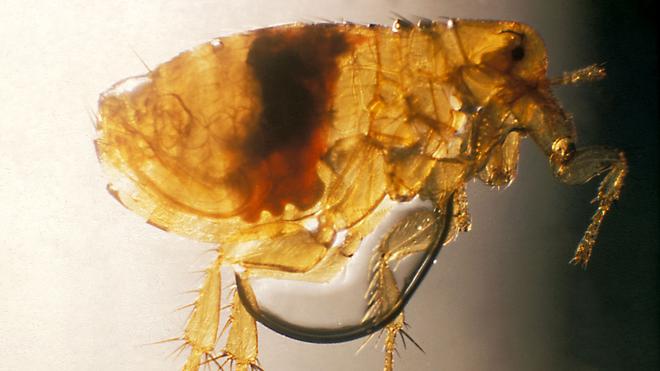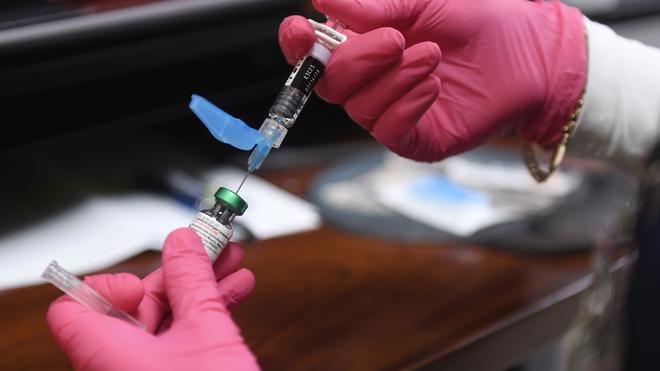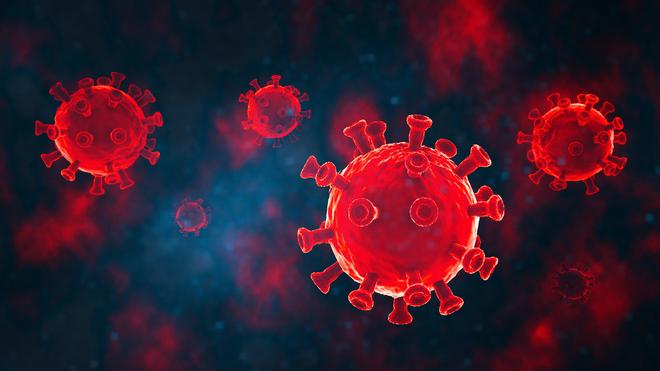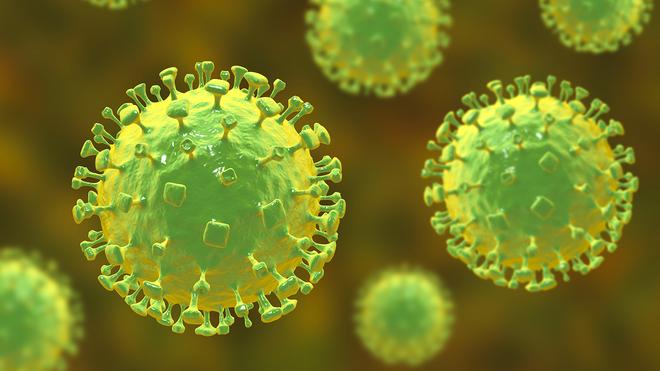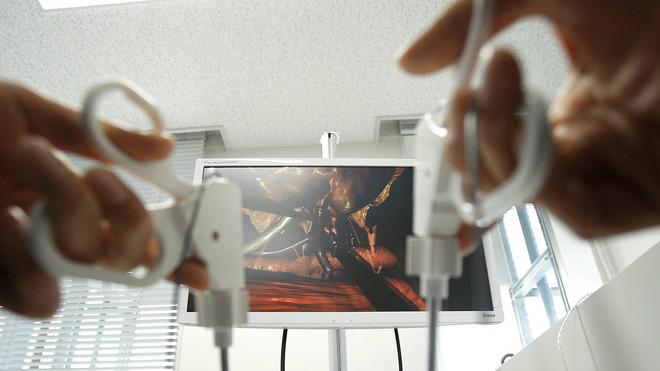Kerala man contracts murine typhus: What is this rare disease?
On October 11, a 75-year-old man from Kerala with a travel history to Vietnam and Cambodia, was diagnosed with murine typhus, a rare bacterial infection spread by fleas. This is reportedly the first such case in the State. Earlier, in India, it has been reported from Madhya Pradesh, the Northeast and Kashmir.
The man had sought medical treatment on September 8 after his trip, with complaints of body pain, fatigue and lack of appetite and was admitted to SP Medifort Hospital, Thiruvananthapuram. There, the patient was put on ventilator support after breathing difficulty set in, and his liver and kidneys started to fail.
Based on his symptoms, the doctors suspected murine typhus, a bacterial infection usually seen in tropical countries. This was confirmed after a series of tests including serology tests and Next Generation Sequencing technology using microbial DNA. According to hospital sources, the patient is stable now and is expected to be discharged in a few days.
Murine typhus is caused by the bacteria Rickettsia typhi, and is spread through contact with infected fleas. Fleas become infected when these insects bite infected animals such as rats or cats. The fleas then remain infected for the rest of their lives. According to the Centers for Disease Control and Prevention (CDC), United States, when an infected flea bites a person or an animal, the bite breaks the skin, causing a wound. Fleas poop when they feed. This faeces, also called flea dirt, contains the bacteria, which can be rubbed into the bite wound or other wounds on the person/animal and cause an infection. However, fewer than 5% of patients may recall a flea bite or flea exposure in the one to two weeks preceding the illness.
People can also breathe in infected flea dirt or rub it into their eyes. These bacteria do not spread from person to person, according to the CDC.
The disease has been reported in coastal tropical and sub-tropical regions where rats are prevalent.
Fever and chills, body aches and muscle pain, headache, loss of appetite, nausea, vomiting, stomach pain, cough, and rashes are the symptoms. They begin within 3-14 days after contact with infected fleas or flea dirt. Severe illness can occur in some people, but fatalities are rare as appropriate use of antibiotics can save patients.
A blood test may be required to check for the infection, if doctors suspect it in case of reported contact with rodents, fleas or domestic animals. Since lab results may take weeks, the doctors may start treatment much before the confirmation of the infection. The antibiotic doxycycline is normally used for treatment. Although a self-limiting disease, treatment with doxycycline shortens the duration of illness. There has been no evidence of persistent or chronic infections.
There is no vaccine available to prevent murine typhus. Avoiding contact with fleas is the best way to minimise the risk. Keeping rodents and wild animals away from homes and workplaces and ensuring that domestic pets are not infected with fleas are some other steps residents can take.
Published - October 15, 2024 02:48 pm IST
